Burundians living with HIV are facing mounting difficulties as shortages of essential medicines, particularly the antibiotic Bactrim, spread across the country. The crisis comes against the backdrop of reduced foreign aid, leaving patients and health authorities scrambling for solutions.
Speaking to the media on Tuesday, Aimé Ndayizeye, Director of the National Program for the Fight Against AIDS (PNLS), confirmed that many health centers across the country have run out of Bactrim, a drug routinely prescribed to people with HIV to prevent opportunistic infections.
“The disruption occurred because medicines do not arrive all at once,” Ndayizeye explained. “When they come in bulk, they risk expiring before use. This time, there was a slight delay, and as a result, stocks have been exhausted in several areas, especially in Rumonge.”
The impact is particularly severe for children. According to Ngendakuriyo Orepa, who represents the RBP +, a network of Burundian people living with HIV, pediatric Bactrim is no longer available.
“Before, children could get syrup or smaller-dose tablets, but now even those have disappeared,” he said.
To mitigate the crisis, Ndayizeye suggested that health centers temporarily crush adult tablets into smaller doses for children. “One 480 mg tablet can be divided into four parts and given to a child as a substitute until the proper medication arrives,” he said.
The medicine shortage has been worsened by the suspension of U.S. aid earlier this year. The decision, linked to cuts in USAID funding, has severely affected HIV programs in several countries, including Burundi.
In recent days, local organizations such as CAPES+ have warned of a possible resurgence in HIV cases, urging urgent action from both the government and international partners.
“The impact of this funding gap is already being felt,” Ndayizeye admitted. “External donors may not always be there, and many have reduced their support compared to previous years. Burundi must develop its own roadmap toward self-reliance.”
In the meantime, PNLS is working to redistribute the limited stockpiles available to areas facing the worst shortages. Ndayizeye also encouraged people living with HIV to form support groups and pursue small-scale farming to reduce dependence on food assistance, much of which has been phased out.
“What used to be provided in terms of food support is no longer available,” he said. “Communities must come together, support one another, and engage in development activities while we work toward sustainable solutions.”

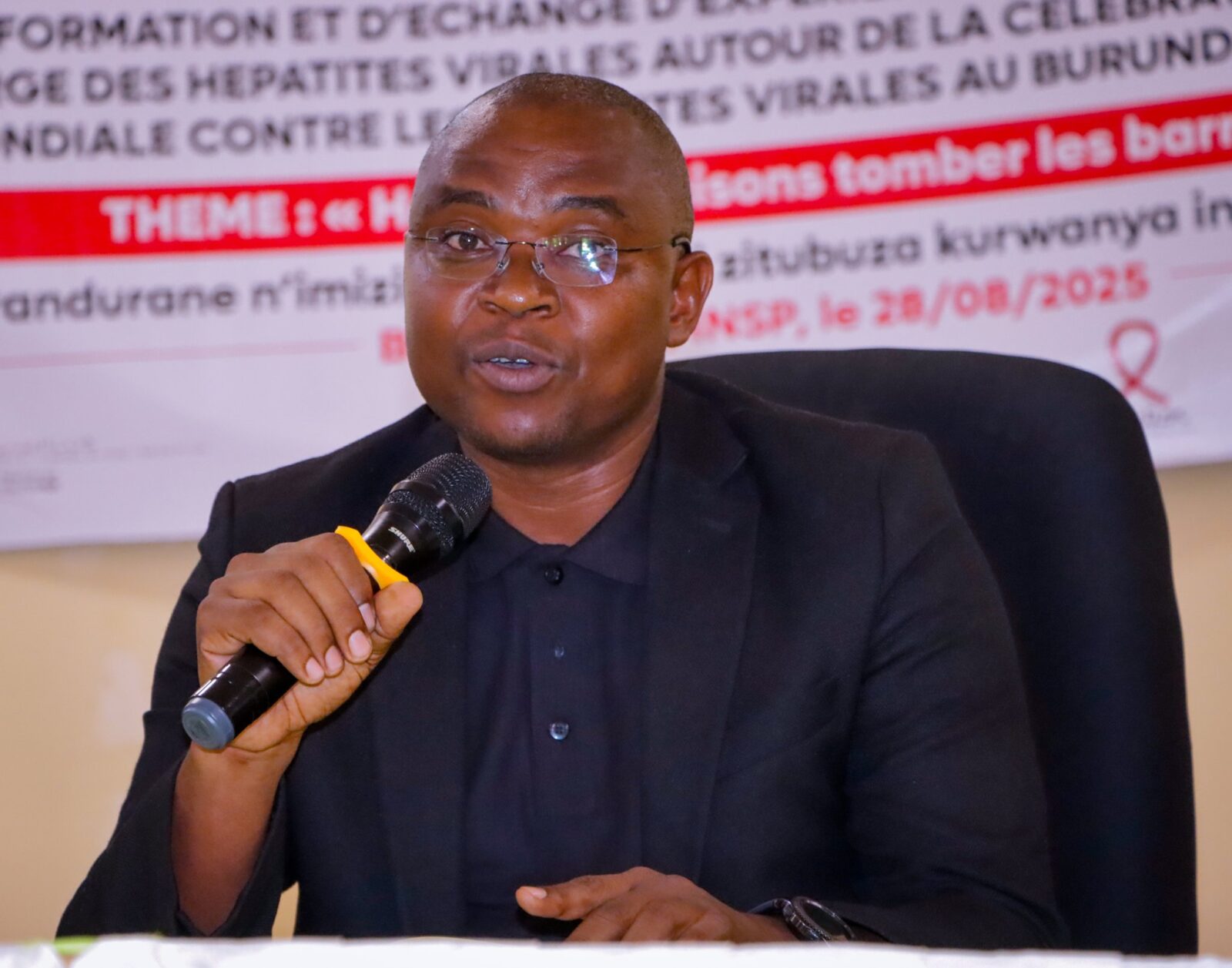
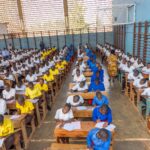
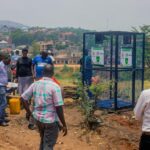
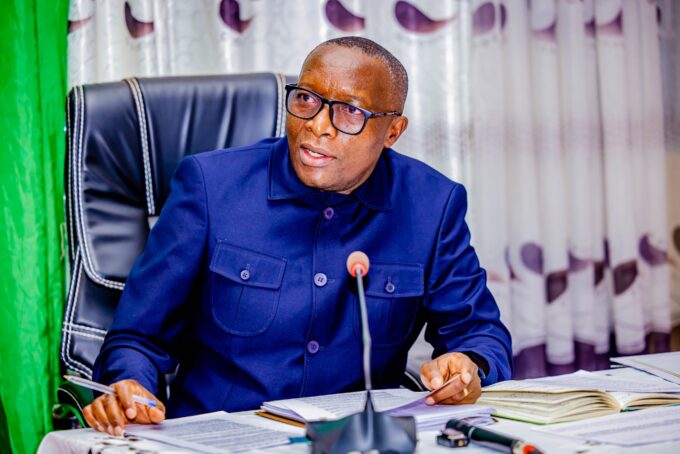
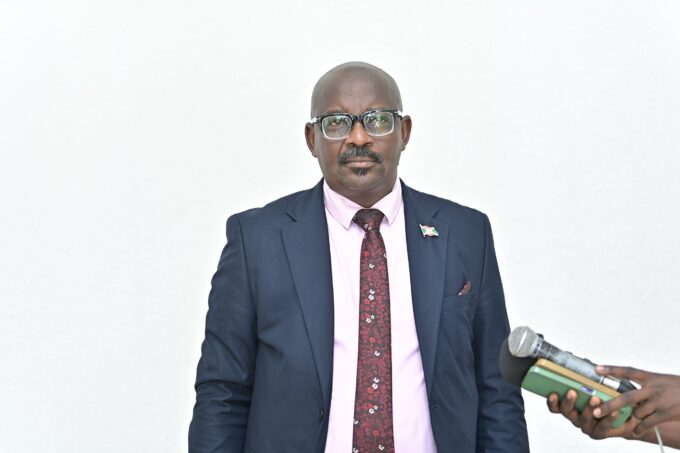
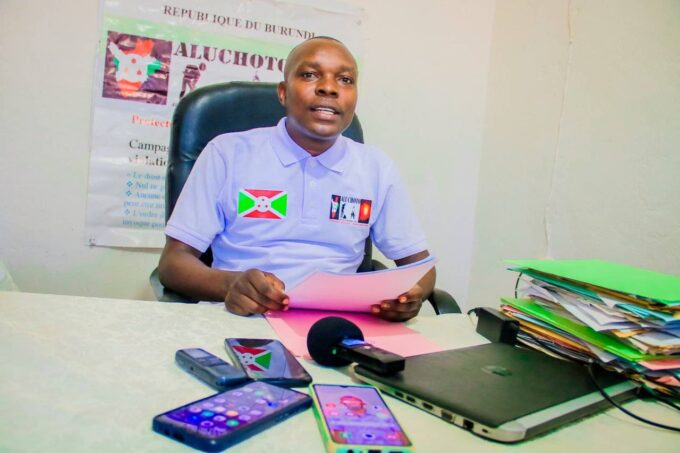
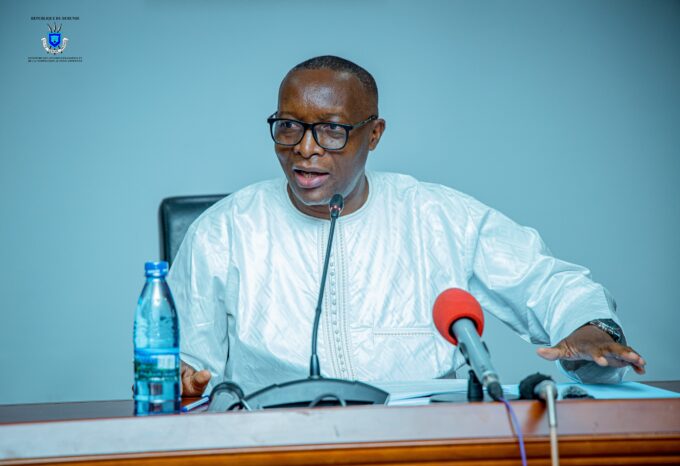
Leave a comment